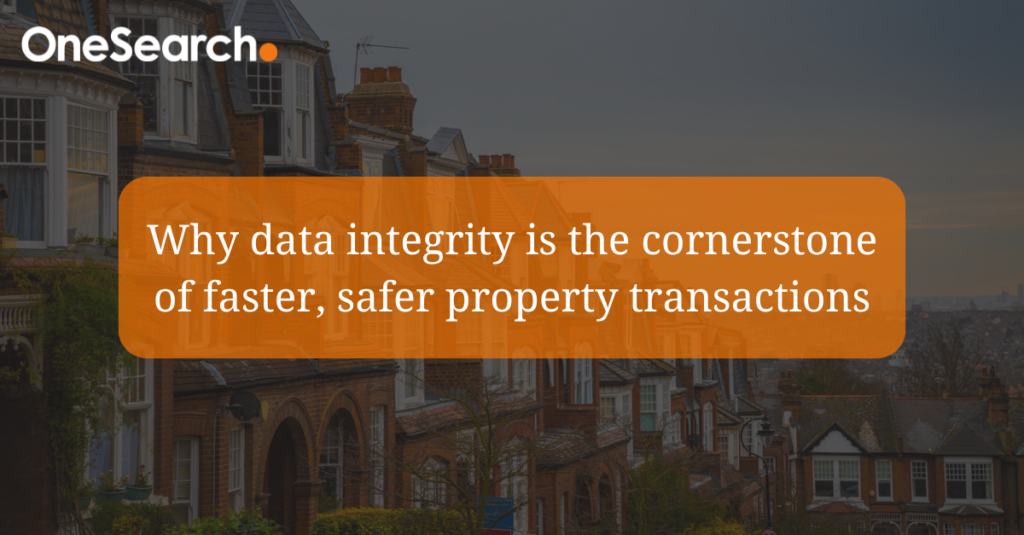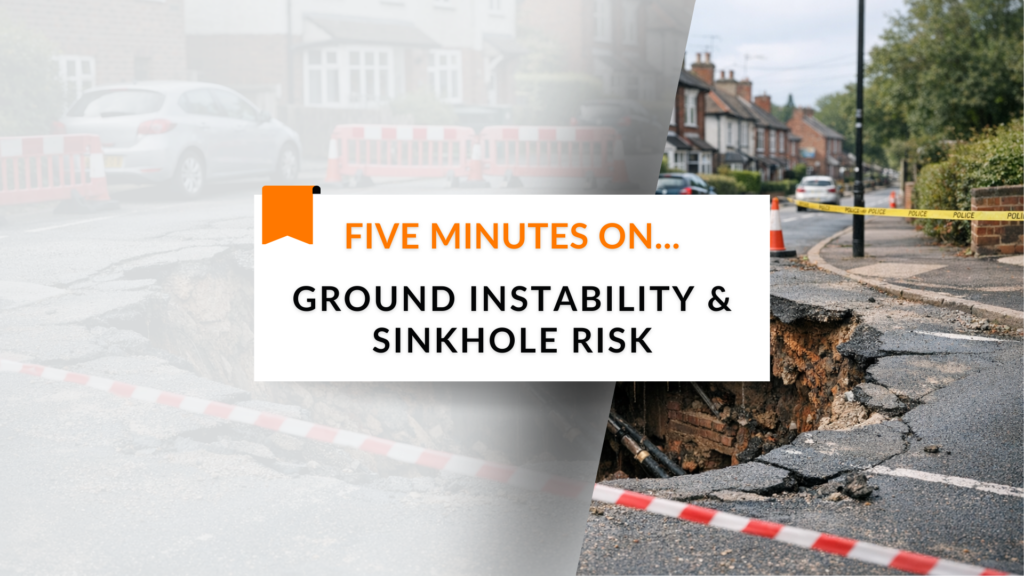
What is the latest on Anti Money Laundering risks?
Given the enormous changes we’ve all had to adapt to since March, focus on Anti Money Laundering (AML) risk may have taken a back seat. However, there is an increasing body of evidence which suggests cyber criminals are taking advantage of these shifts in working patterns and online behaviour.
The property industry is the ideal place for such criminals to clean their dirty money, so it comes as no surprise that more robust procedures are more important than ever, underscored in a May report from the Financial Action Task Force (FATF). The report highlights how changing financial behaviours are creating a gateway for potential fraud:
- Increased remote transactions
- Unfamiliarity with online platforms
- Unregulated financial services
How COVID-19 has impacted money laundering
The FATF report discussed inadequate processes with “criminals finding ways to bypass Customer Due Diligence measures by exploiting temporary challenges in internal controls caused by remote working situations, in order to conceal and launder funds.”
You can read the full report here.
It’s important to note conveyancing is facing some unique challenges. The stamp duty holiday has created a feeding frenzy, and criminals are targeting buyers and vendors desperate to take advantage of the savings.
Given that increased demand is often accompanied by understaffing in law firms and estate agencies, there is a concern that “cutting corners” to get through the volume of work will help money launderers.
The risks of not complying with AML
HMRC visited at least 50 estate agencies in England due to suspected trading without the legally required AML registration, and confirmed it would be taking action against these firms in the form of fines, publication and criminal proceedings.
The following were fined for breaching anti-money laundering rules:
- Purplebricks was fined £266,793
- Countrywide was fined £215,000
“These breaches are failures in having the correct policies, controls and procedures, conducting due diligence and timing of verification,” HMRC stated.
Click here to see a full list of these businesses on the official government website.
The SRA has investigated 172 law firms over the last five years for anti-money laundering non-compliance which resulted in 40 solicitors either being struck off, voluntarily leaving the roll or suspended.
How to build AML resilience into your processes
Now we’ve entered a second lockdown, ensuring your AML procedures are in place, followed each time, and robust enough to satisfy the regulations is paramount. The Law Society has identified three red flags for property professionals to take special notice of:
- difficulties in getting client ID
- difficulties in getting source of funds and wealth documentation
- pressure to take on matters which would usually fail your risk assessment
OneSearch Direct has been looking for ways to provide clients with additional safeguards, and it is for this reason we have chosen to supply SmartSearch AML checks.
This allows you to simplify and speed up your due diligence, with a high first-time pass rate. With everyone using the same process, you ensure your robust AML processes are branch-wide.
- UK business checks returned in minutes
- International Business AML, PEPs and sanctions available
- SmartAML and SmartIDV to capture and verify information reliably
- Daily, weekly or monthly ongoing monitoring of clients
SmartSearch data is taken from leading authorities:
- Experian
- Equifax
- Companies House
- Dow Jones
You receive this information in a clear, easy to understand document.
- Instant overall Pass or Fail icon
- Data sources visible
- Any anomalous areas are colour coded for instant interpretation
We fully recommend you take a look yourself and see if this report will make your due diligence faster and easier.
Related Articles

Why data integrity is the cornerstone of faster, safer property transactions

Property Trends 2026: Why the industry is increasingly focused on gaining greater certainty

Five Minutes On… Road and Rail Schemes

Five Minutes On… Restrictive Covenants

Five Minutes On… Flood Risk

Five Minutes On… Drainage & Sewerage Constraints

Five Minutes On… Commons Registration & Village Greens

Five Minutes On… Houses in Multiple Occupation

Five Minutes On… Ground Instability & Sinkhole Risk

